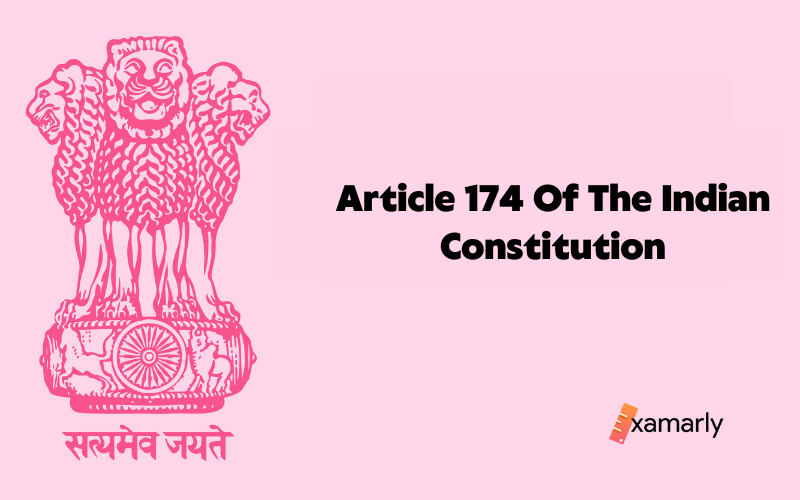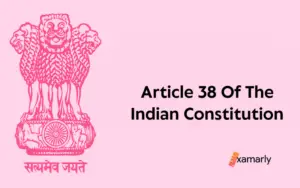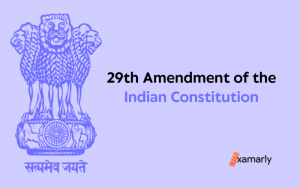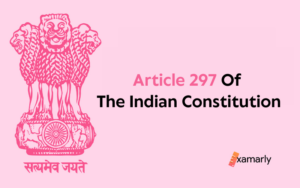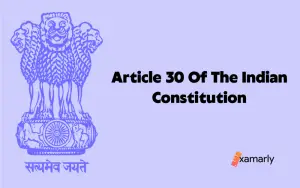Article 174 of the Indian Constitution talks about the prorogation and dissolution of the Houses of the State Legislature.
It talks about the authority of the governor that impacts the sittings of the Houses.
We will dig deep into Article 174 of the Indian Constitution and grasp all the concepts present in it.
Article 174 Of The Indian Constitution – In Detail
To have a deeper understanding of Article 174 of the Indian Constitution, we will analyze each and every clause present in it and will break them down into a simpler forms.
Clause 1 – As it is & Explained
174. Sessions of the State Legislature, prorogation and dissolution
(1) The Governor shall from time to time summon the House or each House of the Legislature of the State to meet at such time and place as he thinks fit, but six months shall not intervene between its last sitting in one session and the date appointed for its first sitting in the next session
The first clause of Article 174 of the Indian Constitution says that the Governor has the authority to officially instruct the Houses of the State Legislature from time to time on when to hold a sitting.
If the Governor feels that a certain time is right for the House to meet, then he can summon the House to meet at that time.
The first clause also says that the time period between two sittings called by the governor for the houses of the state legislature should never exceed six months. That means the governor must call another meeting after the first one he called within the six-month period, but not after that.
Clause 2 – As it is & Explained
(2) The Governor may from time to time
(a) Prorogue the House or either House;
(b) dissolve the Legislative Assembly
The second clause of Article 174 of the Indian Constitution says that the governor has the authority to prorogue the House or the House of the State Legislature from time to time.
It also says that the Governor has the authority to dissolve the Legislative Assembly from time to time.
Summing Up
We can conclude from Article 174 of the Indian Constitution that the Governor has the power and authority to call the sittings of the House of the State Legislature whenever he feels that the time is right.
He also has the authority to dissolve or prorogue the House whenever he feels the time is right to do so.
Related – Article 175 Of The Indian Constitution
FAQs
What are the five powers of the governor?
Any individual guilty of an offence against any legislation related to an issue over which the Governor of the State has jurisdiction shall be eligible for a pardon, reprieve, respite, remission, or commutation of penalty from the Governor of the State.
Who can dissolve the state legislative assembly?
In the event of an emergency, the Governor may dissolve a State Legislative Assembly at the request of the Chief Minister or after the passage of a resolution of no confidence in the dominant party or coalition in power.
What is a governor’s most important role?
Pardons, reprieves, respites, or remissions of punishment, as well as the suspension, commutation, or remission of the sentence of any person convicted of any offence against any law relating to any matter over which the executive power of the State extends, are all within the purview of the Governor of a State.
How a Governor is appointed?
The President appoints the Governor of a State for a five-year term, and the Governor serves at the President’s pleasure. This position is open to qualified Indian nationals above the age of 35 only. The Governor is the State’s chief executive officer.
Can the president dissolve the State assembly?
As a result, it is considered by many to be dangerous to the existing federal state structure. Since India’s constitution was ratified in 1950, the Union government has used this clause multiple times to remove democratically elected state governments and replace them with presidential control. On June 20, 1951, the piece made its debut in Punjab.


